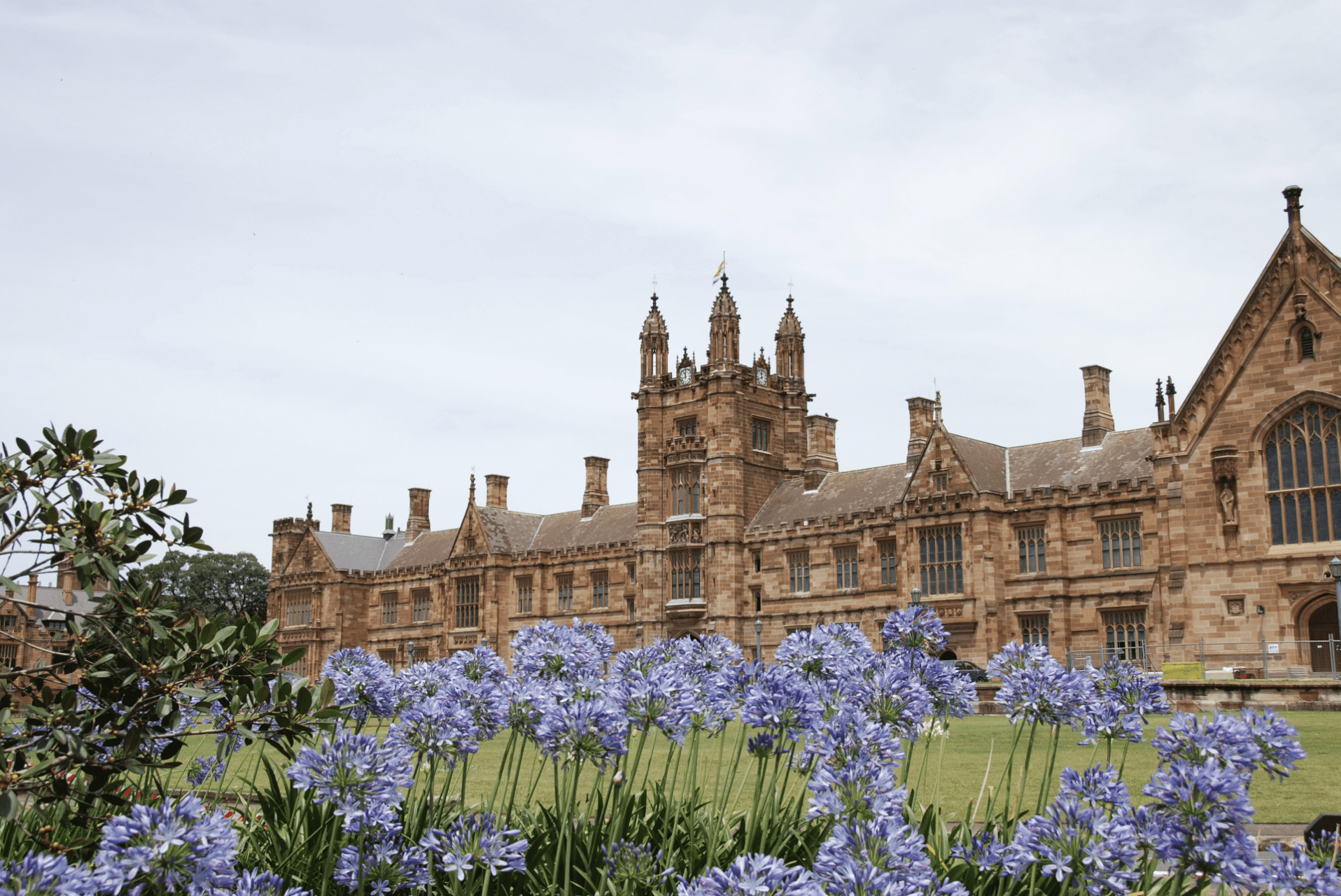As an arts student who majors in politics and spends a lot of her time around circles who vocally claim to be progressive and anti-racist, I have experienced a lot of racism. If there were a map of the university and a red ‘x’ to mark the spots where I have received unsolicited comments about my racial identity and English-speaking ability, the ink would bleed from Courtyard on Science Road all the way past Carslaw Lecture Theatre 157 to Victoria Park, right opposite the SRC offices.
I was provisionally elected as an editor for Honi Soit two weeks ago. The pre-election negotiation processes were characterised by tense back and forth discussions that circulated around the same issue: “the ticket needs an international student,” people would say repeatedly. “It’s a very important base to cover.”
“I am an international student,” I responded every time. And every time, I got the same response: “oh, you know what I mean,” or “oh, I meant a popular Chinese international student,” or “oh, it’s just how elections work.”
It never seems to matter who these students are, how much experience they have under their belt, or if they even want to edit. Student politics maintains its obsession with the tokenistic and superficial, all in the name of electoral image and voting potential. And this reductive attitude is blatantly racist.
The international student experience at this university has been homogenised. Representations of it have been limited to a very specific kind of Chinese international student: rolling in money, closets so full of designer clothes and bags the doors barely close, a nonchalance that only comes with affluence. This stereotype is extremely harmful, ignoring that a more realistic portrayal would be a combination of hardworking parents who have saved for decades and the exploitation of international students in the workplace because of strict visa conditions. Not only do international students have to take a 24-credit course load every semester, but their working hours are capped at 40 per fortnight.
Earlier in the year, SUDS put on a one-woman production. I was asked, twice, by people I considered closer than acquaintances, how I found being in a solo play. “No, I wasn’t in it,” I had to say, “that was a different Indian girl.”
“Oh, are you sure that’s what they meant?” people ask me when I recount [an experience of racism]. “But, they’re such a nice person!”
“You don’t really look like an international student,” someone once told me in a politics lecture. “It’s because you’re not Chinese. Wait, are you? You said you were Asian, right?”
That exchange was ignorant and offensive, but I am also tired of white Australians thinking every East or Southeast Asian person is from China. Every Asian country has a unique cultural heritage and distinct physical features, and ‘Chinese’ cannot be used as a blanket term.
On another, separate occasion: “I thought you were a domestic student because you speak English so well. It’s a compliment!” Sometimes, I wish I had been brave enough to ask why the alternate was meant to be an insult, but the incredulous look I gave them instead seemed to suffice at that moment.
In my experience, international students are subject to a process of ‘othering’ that serves to alienate them from the domestic university community. The international student character is built on a series of empty assumptions and ignorant questions like ‘did you learn English before you came here?’ and ‘how much money do you have in your bank account, then?’ Why are we not granted the nuance that domestic students are? But more importantly, why do these things matter?
No matter how progressive one claims to be, racism is still racism even if it is latent. And it is the most insidious form of the beast, as it goes unchecked at every utterance. I am tired of having to explain to people how I did not go to high school in Australia, and am regularly appalled by how being told that I could ‘pass as a domestic student’ is considered complimentary. International students deserve the dignity and humanity that is so easily ascertained by domestic students; they are more than ticks on an election ballot, more than what country they are from, and definitely more than the credit they are given.





